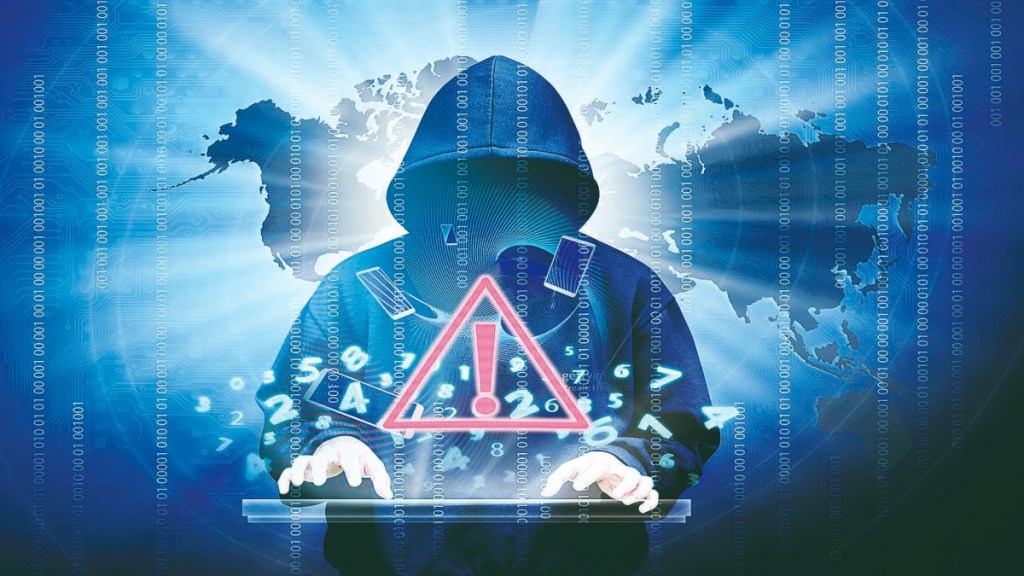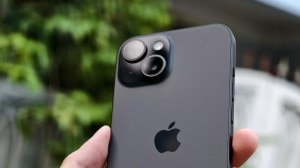A recent unanticipated Android spyware hack, with the potential to weaken a handful of Samsung Galaxy mobile phone models, has left people concerned for their data privacy. This particular LANDFALL spyware is equipped to access and steal photos, sensitive documents, text messages, phone numbers and all manner of private data from mobile devices. This particular kind of breach is called a ‘zero-day vulnerability’, which refers to a loophole or vulnerability that had not been foreseen by the makers.
The LANDFALL spyware and its efficacy is being compared to the Israeli cyberarms company NSO’s Pegasus software, which was famously used to spy on international human rights activists and journalists in 2022 and 2023. Experts say since these spywares are extremely sophisticated, and until now unprecedented even by the makers of the software systems under attack — the only way one can stay relatively cyber-safe is by employing the aid of antivirus applications of softwares designed for mobile phones, turning off automatic downloads on the device, and regularly updating the device software whenever there is a new one.
While people generally make sure to purchase antivirus software for their computers, doing so for mobile phones is not as common. In light of these events, however, and with nearly every electronic device now a potential inroad into all our personal data, it might be time to brush up on our antivirus know-how.
Some commonly trusted and expert recommended antivirus apps for Android mobile phones are Bitdefender, Norton Mobile Security, Trend Micro Mobile Security, Avast Mobile Security (free), AVG Antivirus (free), McAfee Mobile Security (free), among others. Bitdefender is a paid app, and can be downloaded from Google Chrome. This app provides anti-theft security, works as a privacy adviser, is equipped with a scam alert and a remote lock as well. Similarly, Trend Micro Mobile Security is also a paid app, but provides different protections like payment gateway protections, social network privacy and parental controls.
Norton Mobile Security, on the other hand, also paid, provides anti theft and call blocking features as well as advice on apps downloaded on the device. Norton’s latest Norton 360 deluxe antivirus offers more, with a powerful app adviser that checks apps before downloading, real-time protection against mobile malware and a secure VPN to encrypt the phone’s traffic on public Wi-Fi networks. This version also allows downloads on up to five devices simultaneously. Each one of these paid apps only allows one device on one payment. Most of the free download apps allow unlimited device downloads on multiple devices for the same account user.
The free download anti virus apps provide only the lesser securities, including anti-theft provided by AVG AntiVirus, anti-theft, Wi-Fi security, and junk cleaning, provided by Avast Mobile Security, anti-theft and privacy checkers provided by McAfee Mobile Security, and anti-theft and QR code authenticators provided by Sophos Intercept X, among others.
Although reliable and effective antivirus softwares are added costs, the basic Google Play Protect layer of protection that generally comes with all Android phones tends to fall short, prompting people to turn to separate antivirus apps. Further, Android phones face a bigger risk of malware than iPhones, due to their open app downloading ecosystem. Since iOS has stricter app downloading rules, antivirus softwares for iPhones prioritise different risks, like phishing, password management, secure cloud storage, and others.
While some Androids do come with their own security softwares, namely as mentioned before Google Play Protect, or Samsung Knox for Samsung, they clearly cannot be entirely trusted, as it is the Samsung Galaxy models that have found themselves the victims of the spyware hack. As per the report of this hack, Samsung Galaxy S22, S23, S24, Galaxy Z series, and those with Android 13, 14 and 15 versions are all vulnerable to the LANDFALL spyware.
The Indian government also encourages citizens to use device protection privacy apps as part of its Cyber Security Swachhta Kendra initiative run by the ministry of information and technology. The MEITY since 2017 has been periodically updating and sharing a list of softwares for this purpose. In June this year it updated its list of freely available antivirus softwares for Indians to download and use to maintain their devices’ privacy. This list of eight antivirus applications available for download on Google Play Store are the eScan Antivirus and MKavach 2 for phones and eScan, K7 Antivirus and QuickHeal for computers.
Taking the example of this particular spyware attack, the Cybersecurity and Infrastructure Security Agency, when announcing this vulnerability in the Android software, also elaborated on how it is dangerous for the users. The CISA article said this security flaw allows for remote attackers to execute arbitrary code on vulnerable devices without user interaction — a kind of hack which is prone to widespread exploitation. Exploiting the vulnerability could enable attackers to gain complete control of affected devices, potentially leading to data theft, surveillance, or the use of compromised smartphones as entry points into corporate networks.
With the phones in our palms quickly becoming almost as important as an appendage, rather than just an electronic device, it stands to reason that the need to protect these mobile phones will also grow exponentially as they become more and more essential to our everyday lives. Given the gargantuan amount of personal information that our personal mobile phones hold, both extremely important as well as completely insignificant — from our bank details and family photos to memes and alarms — the possibility of all of this information being up for grabs for actors criminal or curious enough is a reality we must all consider now.








